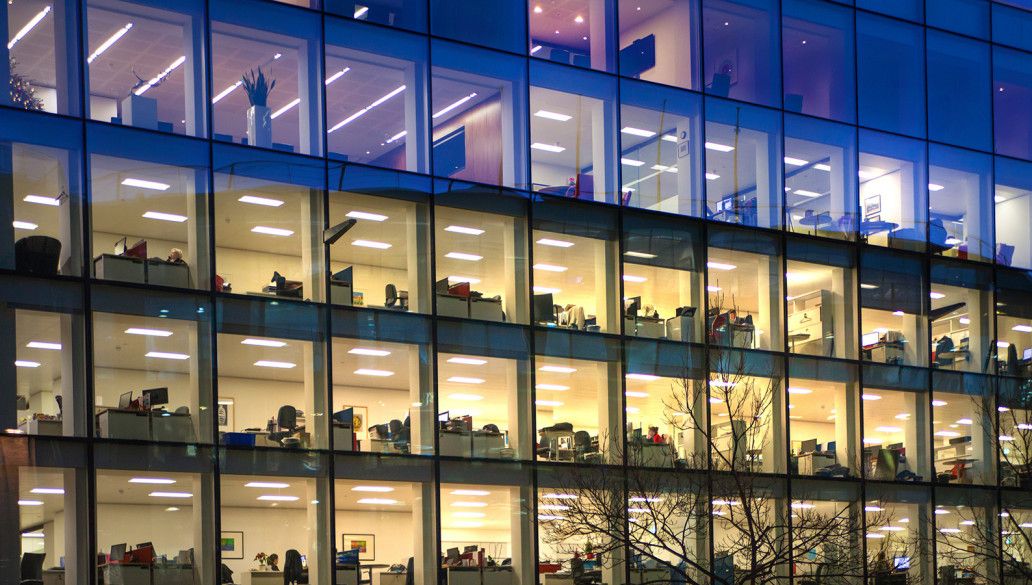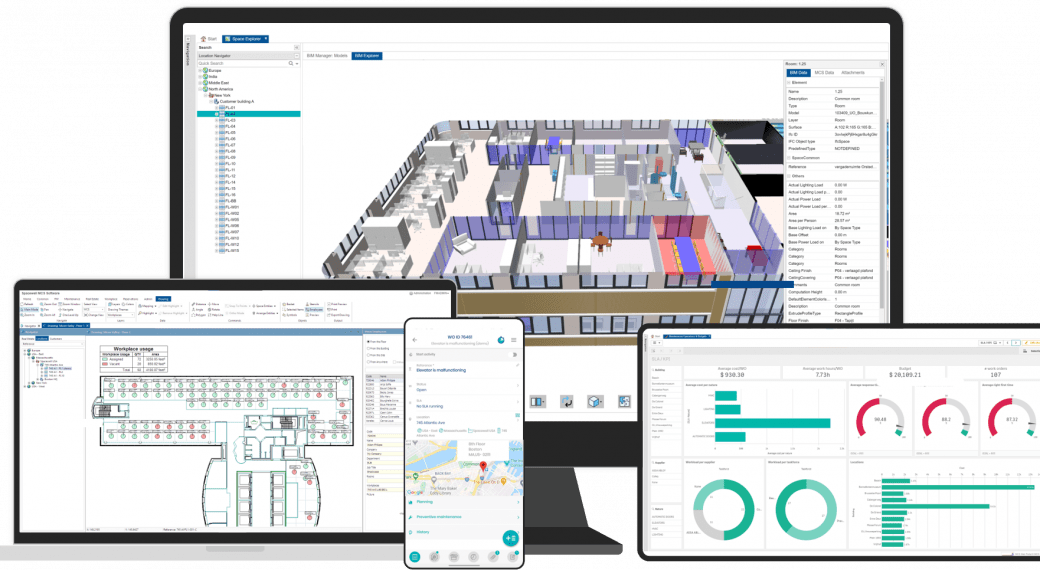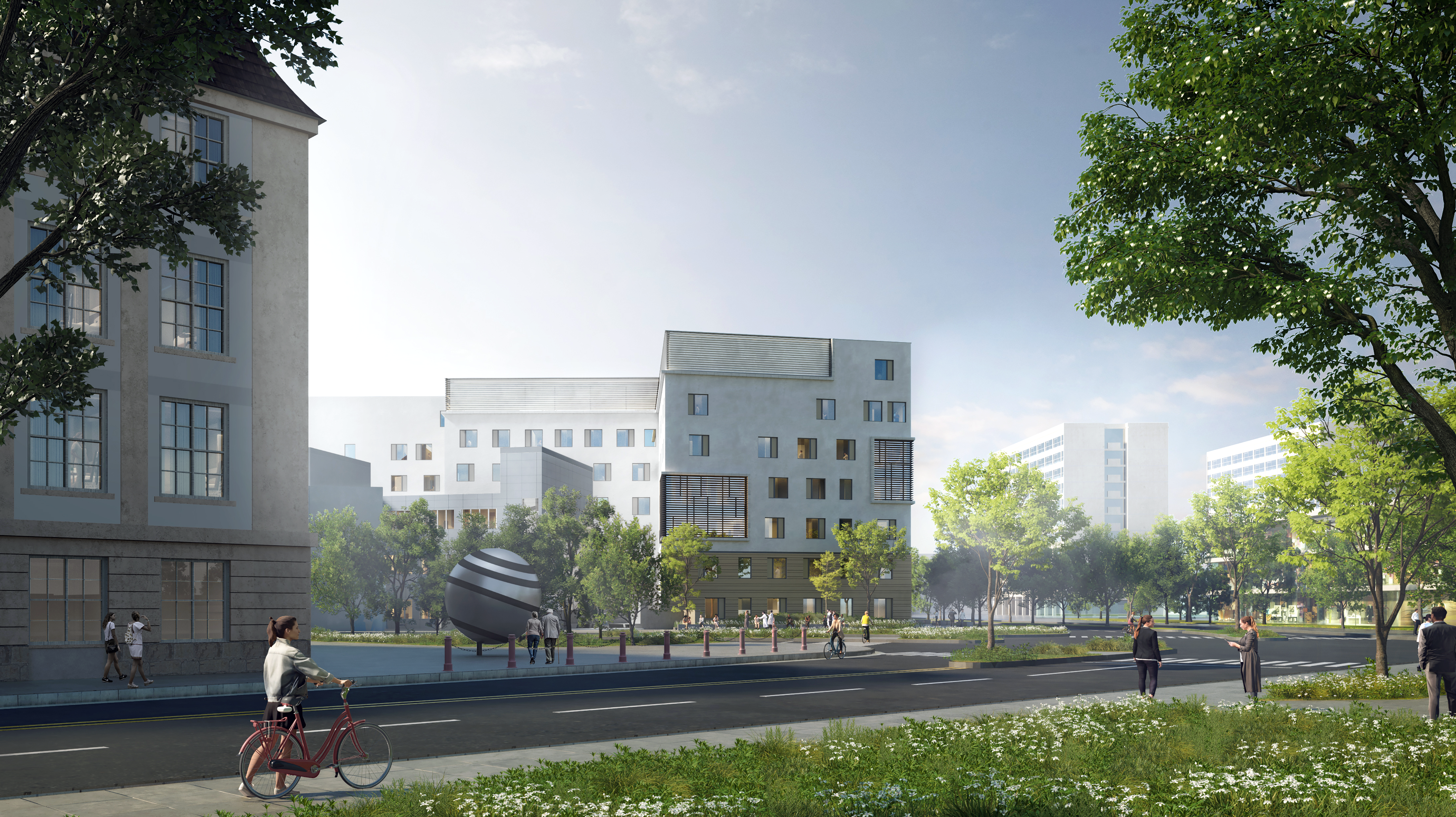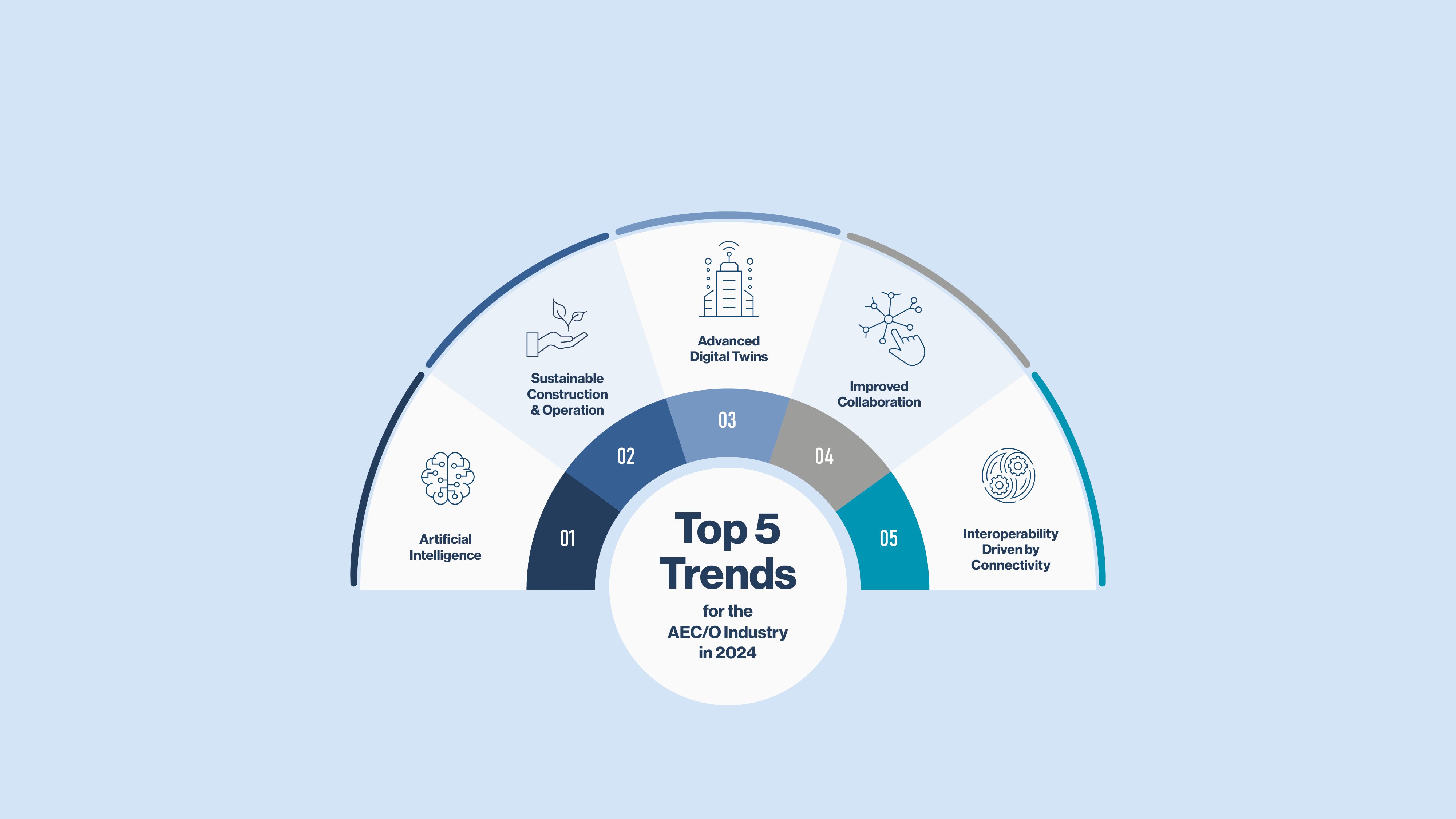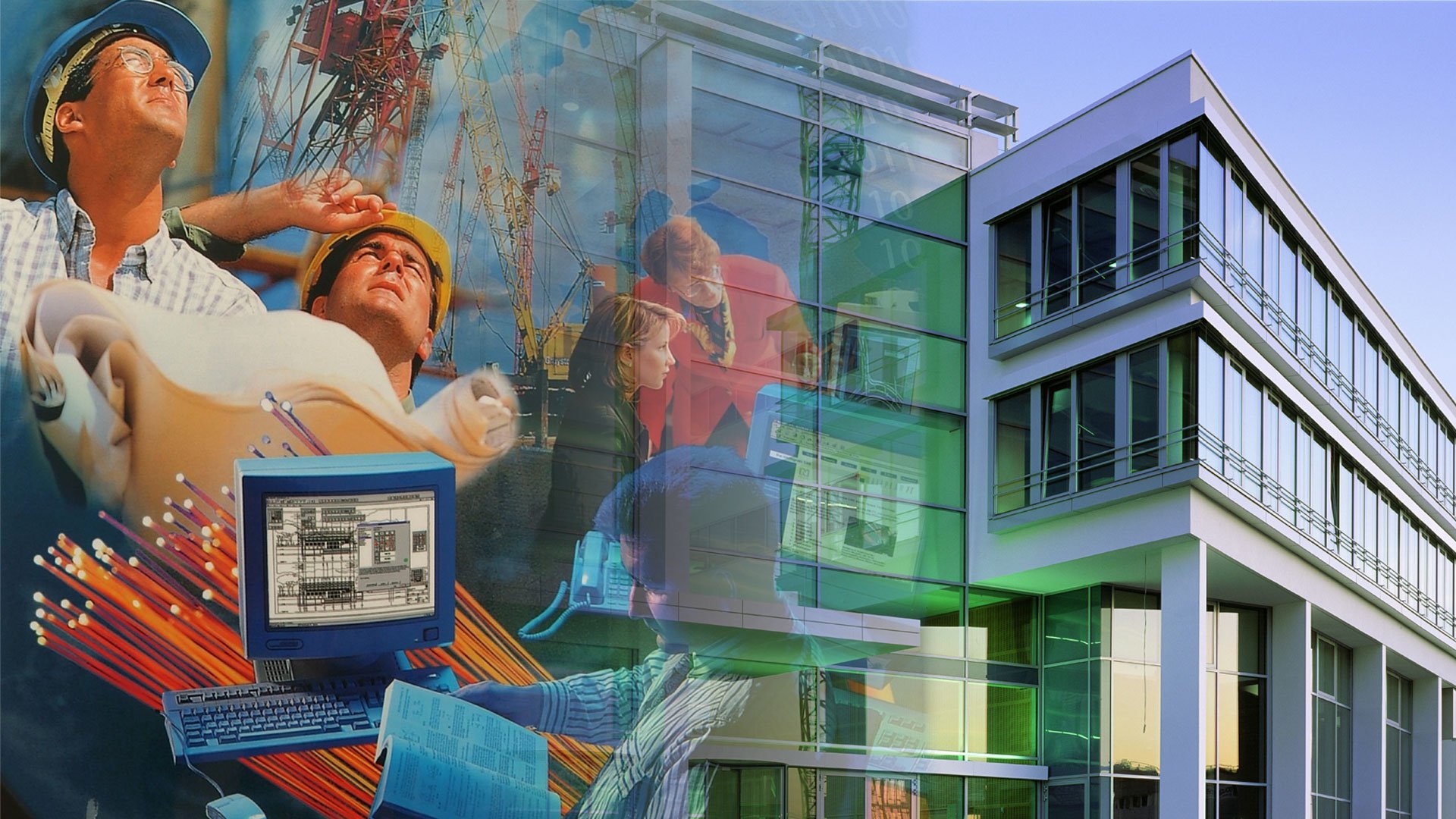The Evolved Office: Smaller and More Collaborative
A glance ahead by Koen Matthijs.
Author
Koen Matthijs
Chief Division Officer, Operate & Manage Division @ Nemetschek Group
This article belongs to the collection Smart Building
To the topic pagefiller content text filler content textfiller content textfiller content textfiller content textfiller content textfiller content textfiller content textfiller content text
filler content text filler content textfiller content textfiller content textfiller content textfiller content textfiller content textfiller content textfiller content text
filler content text filler content textfiller content textfiller content textfiller content textfiller content textfiller content textfiller content textfiller content text
filler content text filler content textfiller content textfiller content textfiller content textfiller content textfiller content textfiller content textfiller content text
filler content text filler content textfiller content textfiller content textfiller content textfiller content textfiller content textfiller content textfiller content text
filler content text filler content textfiller content textfiller content textfiller content textfiller content textfiller content textfiller content textfiller content text
filler content text filler content textfiller content textfiller content textfiller content textfiller content textfiller content textfiller content textfiller content text
filler content text filler content textfiller content textfiller content textfiller content textfiller content textfiller content textfiller content textfiller content text
filler content text filler content textfiller content textfiller content textfiller content textfiller content textfiller content textfiller content textfiller content text
filler content text filler content textfiller content textfiller content textfiller content textfiller content textfiller content textfiller content textfiller content text
filler content text filler content textfiller content textfiller content textfiller content textfiller content textfiller content textfiller content textfiller content text
filler content text filler content textfiller content textfiller content textfiller content textfiller content textfiller content textfiller content textfiller content text
filler content text filler content textfiller content textfiller content textfiller content textfiller content textfiller content textfiller content textfiller content text
filler content text filler content textfiller content textfiller content textfiller content textfiller content textfiller content textfiller content textfiller content text
filler content text filler content textfiller content textfiller content textfiller content textfiller content textfiller content textfiller content textfiller content text
filler content text filler content textfiller content textfiller content textfiller content textfiller content textfiller content textfiller content textfiller content text
filler content text filler content textfiller content textfiller content textfiller content textfiller content textfiller content textfiller content textfiller content text
So far, the sudden shift to home working appears to have been successful. Currently, there are more discussions than ever about whether we would be better off closing offices and working from home permanently. New research, however, indicates that the value of the office remains – both for employees and managers. But, in my view, only if there is an evolution.
The office, as it turns out now, is not only a place for focused work but also a place for collaboration, creativity, and informal discussions. In-person meetings and unplanned encounters create opportunities for innovation, knowledge exchange, and informal mentoring. A lack of those is not only negative for the workers but can also have serious consequences for businesses. And although many people report that they feel more productive working from home, have a better work-life balance and certainly don’t miss the commute, the attraction of working from home turns out to be short-term for many. Productivity increases are mainly due to working longer hours, increasing the risk of burnout. And culture, trust and relationships erode over time through lack of face-to-face communication.
A hybrid approach that allows workers to work remotely some of the time and evolves the office to maximize its social benefits would, for many, represent the best of both worlds. But two aspects are essential, in my view, when reimagining the function and layout of the office.
Firstly, smaller is beautiful. Offices are likely to shrink their physical footprint to reflect a smaller in-office workforce. But this creates logistical challenges to be prepared for peaks whilst avoiding wasted space. IoT-enabled offices that use sensor data to track real-time space usage can collect extensive, anonymous data about how many people use what types of spaces over prolonged periods of time. Agile concepts with flexible or shared seating will save space but require data to function smoothly, such as real-time space monitoring. Those tools allow employees to make reservations, book services, and enhance the user experience in a variety of ways. Reducing the footprint in this way can lead to substantial cost and even energy savings.
Secondly, beyond simply reducing the size of the office, employers need to think about what types of activities will take place in the new office. In a potential hybrid model, home offices could become centers for focused, concentrated work. The company office then becomes a center for collaboration, with individual workspaces replaced by a variety of shared spaces, like meeting rooms, huddle rooms, and lounges. Most offices will still need to offer spaces for concentrated work as well, as many people, especially the younger generations, don’t have spacious homes with a separate home office. Again, this collaborative redesign will be most effective when it is data driven. Understanding how often employees use different spaces and to what capacity they are occupied can result in better office design.
Smaller offices, more collaboration, and agile working concepts – while the implementation may have to wait for now in light of social distancing guidelines, preparing for this transition should not. In order to anticipate and plan for the workplace of the future, companies need to embrace technologies for monitoring and managing space utilization. If this data is stored in Building Information Modeling (BIM) systems, it can be leveraged across the entire lifecycle of a building – from planning to management – for architects, engineers, and office managers.

